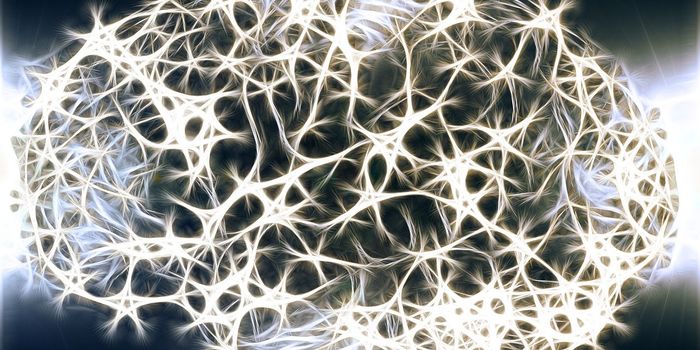What's the deal with turmeric?
Have you fallen for the turmeric craze? That little orange root that yellows your fingers when you peel it has become very popular recently for its medicinal properties, particularly those relating to inflammation, metabolic syndrome, arthritis, liver disease, obesity, and neurodegenerative diseases. But new research wanted to consider the potential of turmeric from another angle: cancer.
In a comprehensive literature review of the studies conducted on turmeric over the last thirty years, researchers concluded that while turmeric may be effective for cancer treatment, it isn’t anywhere close to reaching clinical trials. The root is a cousin of ginger and is native to India and Southeast Asia.
The study was published recently in the journal Nutrients and considered how turmeric might influence certain cell signaling pathways that play a role in cancer's growth and development. They wanted to see how the polyphenol in turmeric called diferuloylmethane, or curcumin works in concurrence with certain cancers, specifically, breast cancer, lung cancer, cancers of the blood, and cancers of the digestive system.
According to Medical News Today, the researchers found that curcumin is capable of influencing “a wide range of molecules that play a role in cancer, including transcription factors, which are vital for DNA replication; growth factors; cytokines, which are important for cell signaling; and apoptotic proteins, which help control cell death.” These findings led them to conclude that curcumin has potential as an anticancer drug and it one of the most promising natural compounds discovered to date.
Nevertheless, the authors warn that this conclusion is not without its shortcomings. "[C]urcumin is not immune from side effects, such as nausea, diarrhea, headache, and yellow stool,” they write. Additionally, curcumin administered orally results in the body quickly breaking the compound into metabolites, which will likely not target tumors. “Moreover, it showed poor bioavailability due to the fact of low absorption, rapid metabolism, and systemic elimination that limit its efficacy in disease treatment. Further studies and clinical trials in humans are needed to validate curcumin as an effective anticancer agent."
The team hopes that their findings will act to encourage future investigations for the anticancer properties of curcumin in humans.
Sources: Medical News Today, Nutrients










